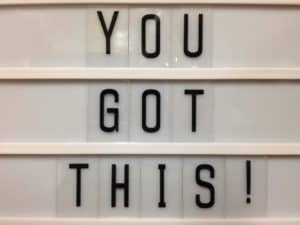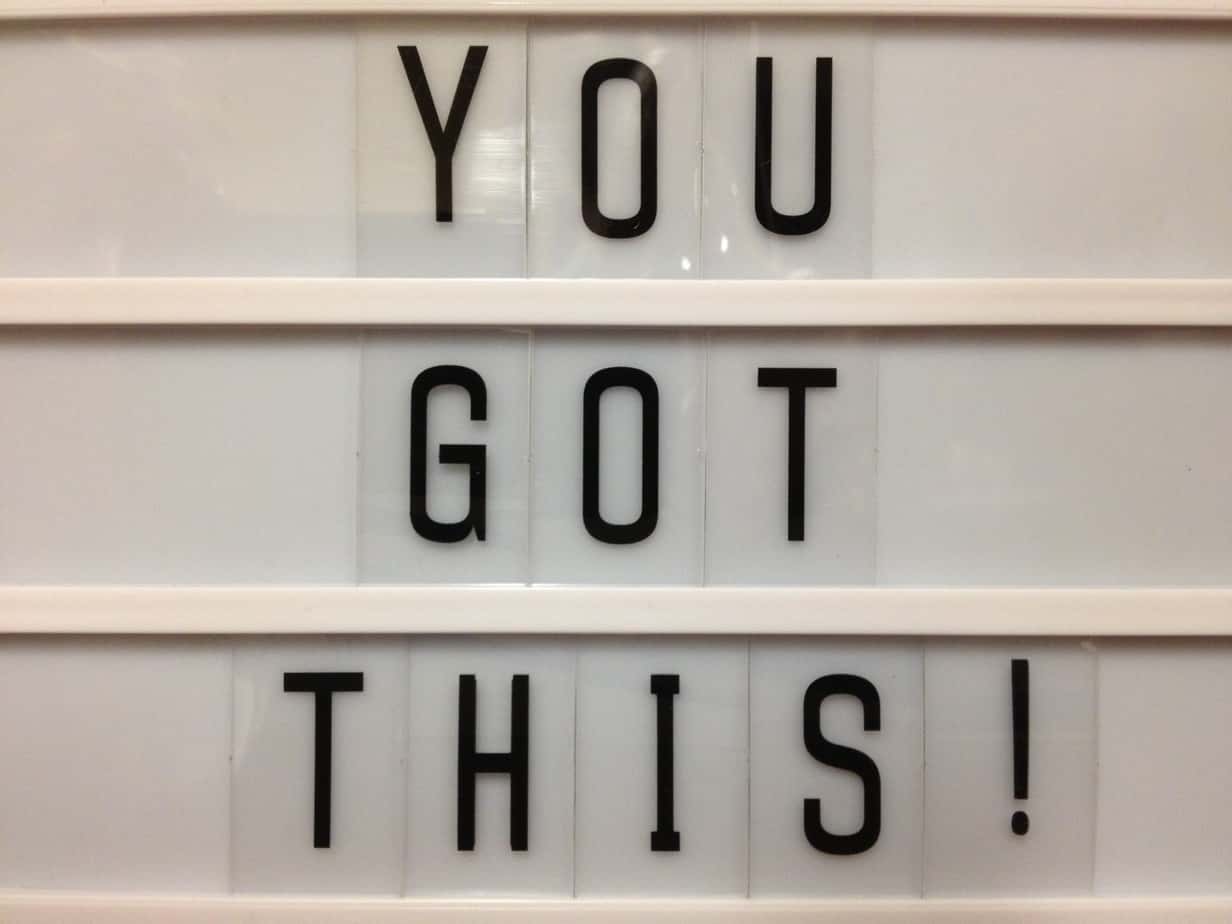 These days, when it isn’t easy to get away or even just get out and socialize, more and more people are turning to books and other media as an escape. Audiobooks, normally my second choice after print, have achieved a new significance for me: they break the silence of semi-isolation with a human voice. You might think I’d lose myself in fiction, but nonfiction helps with the void created by my self-imposed news diet. I often choose titles about why we do what we do and how we can do things better. For reference, my last pick was Insight: The Surprising Truth about How Others See Us, How We See Ourselves, and Why the Answers Matter More Than We Think, by Tasha Eurich, whose TED Talk on the subject had sparked my interest. Recently while browsing the books-on-CD section in the library I came across 50 Self-Help Classics: 50 Inspirational Books to Transform Your Life, from Timeless Sages to Contemporary Gurus. The book seemed to be in my wheelhouse, yet I wondered how useful a compendium like this could be. Would there be enough substance to make it worthwhile?
These days, when it isn’t easy to get away or even just get out and socialize, more and more people are turning to books and other media as an escape. Audiobooks, normally my second choice after print, have achieved a new significance for me: they break the silence of semi-isolation with a human voice. You might think I’d lose myself in fiction, but nonfiction helps with the void created by my self-imposed news diet. I often choose titles about why we do what we do and how we can do things better. For reference, my last pick was Insight: The Surprising Truth about How Others See Us, How We See Ourselves, and Why the Answers Matter More Than We Think, by Tasha Eurich, whose TED Talk on the subject had sparked my interest. Recently while browsing the books-on-CD section in the library I came across 50 Self-Help Classics: 50 Inspirational Books to Transform Your Life, from Timeless Sages to Contemporary Gurus. The book seemed to be in my wheelhouse, yet I wondered how useful a compendium like this could be. Would there be enough substance to make it worthwhile?
I was pleasantly surprised to find that the entries therein, while pithy, still pack a punch. Butler-Bowdon’s selections range from Lao Tzu and Marcus Aurelius to Deepak Chopra and Anthony Robbins, thus transcending what I would typically consider ‘self-help.’ I sped through most of the offerings in the book, even lingering in my driveway once or twice to finish a segment. I also checked out the print version so that I could revisit ideas that sparked my interest and make note of books I’d like to read in their entirety. Entries include short excerpts, a one- or two-sentence encapsulation of the work’s main philosophy, references to similar titles within the volume, a summary of main points, final comments and when possible a biography of the author.
While I’m no slouch about tackling full-length nonfiction in this genre, I have to admit that sampling an assortment holds a certain appeal. There’s something about dipping into a collection; beyond the promise of variety, it’s the thrill of not knowing quite what you’ll get. These notions are similar but not identical. You can have plenty of variety within a certain category – 31 flavors of ice cream, for instance – but in the end you know you’re getting ice cream. However, in attending a potluck dinner you might end up trying dishes unknown to your existence. The variety of ideas here is more the latter; the twist is that while Butler-Bowdon includes some traditional and well-known human potential works, he also finds guidance in everything from The Bhagavad Gita to How Proust Can Change Your Life. It’s also worth noting that even for those not looking to improve, a good deal of the material here is just a good tonic for our current, tumultuous times. As my great-aunt would say: It’s good for what ails you, and if you’re not sick it’s good for that, too. If you’re unnerved by living life in the presence of a runaway virus, civil unrest or anxiety about the upcoming election and what the results will mean to our fragile collective consciousness, you could do worse than to tap into the works presented here for comfort and inspiration. Merely skimming the biographies of some of the authors may leave many with the sense that trials of all sorts come and go, but we are always in the company of people who rise above.
Many of the works highlighted have sold millions upon millions of copies, but the author recognizes that they’re not for everyone. Some of his final comments read more like rationales for inclusion or entreaties to ingest what you otherwise might find distasteful (eat your broccoli!) Yet for the most part I found the fare agreeable, or at least interesting. My momentum dwindled over several selections, but I didn’t expect all fifty to resonate. The beauty of reading a compilation is that one can feel free to skip over the unappealing bits; treat it as a buffet and help yourself as you like. Another benefit of this format is the ability to revisit ideas from titles you’ve already read without having to give it another go. If the reading was a while back, it can be interesting to reconsider the ideas from a current perspective. Years ago I read (and thought I remembered liking) one of the works featured, but could barely get through the entry, here. Certainly our opinions can change over time. Curious to see if this was the case or if it was a failing of the book, I skimmed the title in question. As it turns out, my orbit had shifted, and the message resonated less with me-now than it did with me-then. Perhaps this phenomenon speaks to the strength of collections; certain entries might appeal at different times as one brings a new perspective to the reading. I’d read other selections and it was interesting to compare Butler-Bowdon’s assessments with my own.
Given the title, clearly the included works were deemed important – and arguably many are. Yet with the passage of time and generation of new books in the genre, even Butler-Bowdon was forced to reevaluate what should be included in such a book; I discovered that a second edition was released in 2017 with the slightly modified title 50 Self-Help Classics: Your Shortcut to the Most Important Ideas on Happiness and Fulfillment. The new version swapped five of the original entries for newer works from Brené Brown, David Brooks, Clayton Christenson, Charles Duhigg and Marie Kondo.
Butler-Bowdon went on to turn his concept into a series that includes: 50 Success Classics, 50 Spiritual Classics, 50 Psychology Classics, 50 Philosophy Classics, 50 Politics Classics, 50 Economics Classics and 50 Business Classics (with several volumes revised in 2017.) All of the titles are in the Minuteman network, and Norwood residents can access the digital audiobooks using Hoopla.
Kirstie David is the Literacy/Outreach Librarian at the Morrill Memorial Library in Norwood, MA. Look for her article in the October 8, 2020 issue of the Transcript and Bulletin




